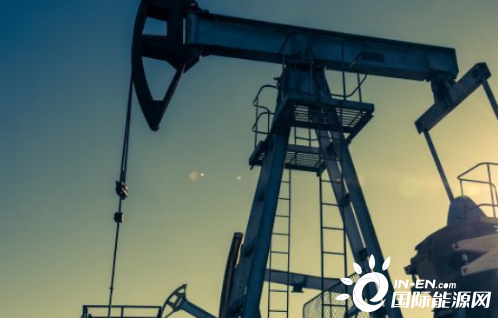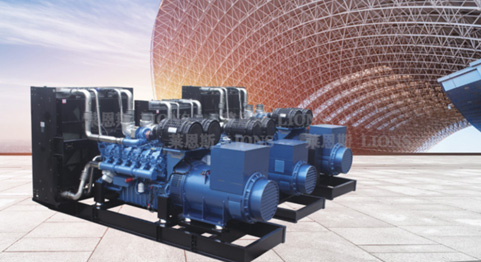Singapore
2021-10-22
The global energy crunch, in which natural gas prices hit record highs and led to power shortages in many parts of the world, is now spreading to Singapore, an island country that relies on natural gas for power generation.
The energy market authority (EMA), Singapore's energy regulator, said on Saturday that it was working closely with retailers facing the challenge of electricity price fluctuation - electricity prices rose to an all-time high this month - and said it would not interrupt customers' electricity supply.
Wholesale and retail
Singapore is one of the few countries in Asia to fully open the power retail market. Power generation companies in Singapore sell electricity at the Singapore wholesale electricity market (swem) every half an hour, and the price is determined by the supply and demand at that time. Electricity retailers buy electricity in bulk from wholesale markets and compete to sell electricity to consumers.
EMA said that in the past two weeks, wholesale prices have experienced greater price fluctuations due to the rise in global liquefied natural gas (LNG) prices, higher than usual electricity demand in Singapore and the decline in pipeline natural gas supply in Indonesia.
This puts great pressure on retailers who do not have their own power generation assets and sign contracts with customers at fixed prices, although these retailers without power generation assets account for less than 5% of the retail sector.
According to the data of EMA website, there are 22 licensed power retailers in Singapore, of which 12 provide power for residential consumers and the rest only provide power to enterprises.
Singapore's long-term contract for pipeline natural gas and LNG import is related to the price of fuel oil and crude oil. Although it is at a high level for many years, its increase is less than the spot price of LNG.
Even so, the steady rise in fuel prices over the past year is affecting all businesses and consumers in Singapore. For retail electricity consumers in Singapore, prices may be higher and competition may be reduced.
"In terms of customers' retail choices, it will be greatly reduced as more and more power retailers exit the market," said Lee of IHS. "Retail prices in Singapore have been rising, which can be seen from the current retailers' quotations... The tax rate discount has been reduced from 20 +% to less than 10% at present, and the fixed price tax rate has increased."

The energy market authority (EMA), Singapore's energy regulator, said on Saturday that it was working closely with retailers facing the challenge of electricity price fluctuation - electricity prices rose to an all-time high this month - and said it would not interrupt customers' electricity supply.
Wholesale and retail
Singapore is one of the few countries in Asia to fully open the power retail market. Power generation companies in Singapore sell electricity at the Singapore wholesale electricity market (swem) every half an hour, and the price is determined by the supply and demand at that time. Electricity retailers buy electricity in bulk from wholesale markets and compete to sell electricity to consumers.
EMA said that in the past two weeks, wholesale prices have experienced greater price fluctuations due to the rise in global liquefied natural gas (LNG) prices, higher than usual electricity demand in Singapore and the decline in pipeline natural gas supply in Indonesia.
This puts great pressure on retailers who do not have their own power generation assets and sign contracts with customers at fixed prices, although these retailers without power generation assets account for less than 5% of the retail sector.
According to the data of EMA website, there are 22 licensed power retailers in Singapore, of which 12 provide power for residential consumers and the rest only provide power to enterprises.
Singapore's long-term contract for pipeline natural gas and LNG import is related to the price of fuel oil and crude oil. Although it is at a high level for many years, its increase is less than the spot price of LNG.
Even so, the steady rise in fuel prices over the past year is affecting all businesses and consumers in Singapore. For retail electricity consumers in Singapore, prices may be higher and competition may be reduced.
"In terms of customers' retail choices, it will be greatly reduced as more and more power retailers exit the market," said Lee of IHS. "Retail prices in Singapore have been rising, which can be seen from the current retailers' quotations... The tax rate discount has been reduced from 20 +% to less than 10% at present, and the fixed price tax rate has increased."










